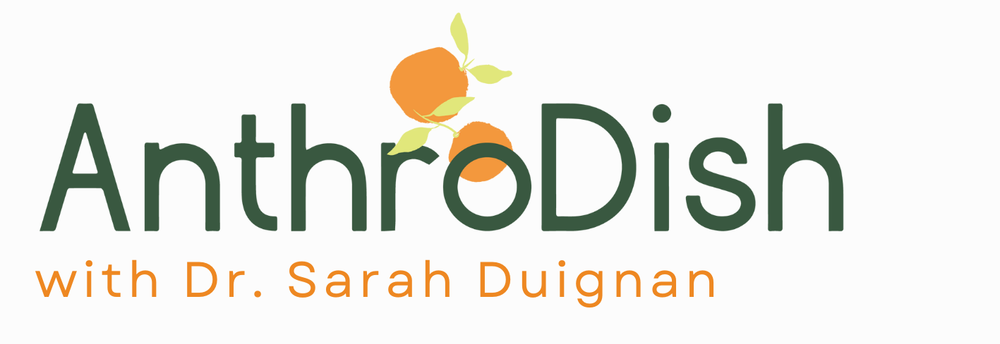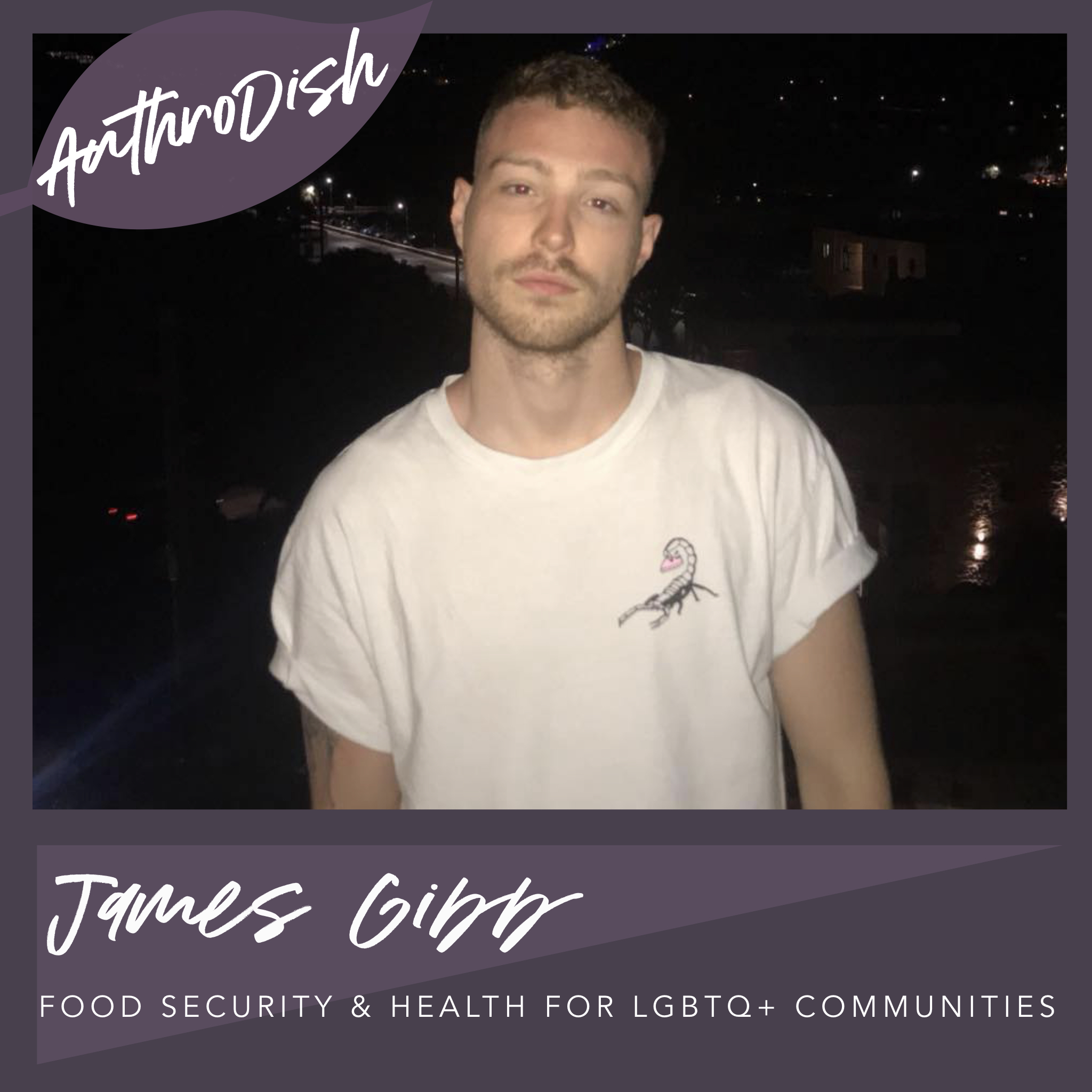If you’ve been listening to AnthroDish for a while, you know that the topic of disordered eating is one that holds tremendous meaning for myself both personally and from a research perspective. I am always passionate about exploring the spectrum of eating disorders with experts and had the privilege of interviewing Dr. Jillian Lampert on the neurobiology of disordered eating. Jillian is the Chief Strategy Officer for the Emily Program, a US-based program that is recognized for its compassionate and personalized approach to eating disorder awareness, treatment, and lifetime recovery. She is also the co-founder of the Residential Eating Disorders Consortium, and the Treasurer for Eating Disorders Coalition. If you ask Jillian what her goal in life is, she says its to raise her 14 year old daughter to grow up loving herself. So basically, she's awesome.
It is clear when Jillian speaks that she has a passion for sharing her story and educating others about eating disorders. In our conversation, we discuss which sorts of people are more vulnerable to develop eating disorders. She explores how we have varied responses to hunger and satiation, and how that impacts our behaviours around eating. Something I really appreciate about her as a science communicator is her ability to break down neurobiological research in an engaging way, so I am excited for you to hear about all the cool work she’s been a part of.
Enjoy the episode in the player above, or download on your preferred podcast platform!
Learn more about Jillian!
Twitter: @EmilyProgram
Instagram: @emilyprogram











